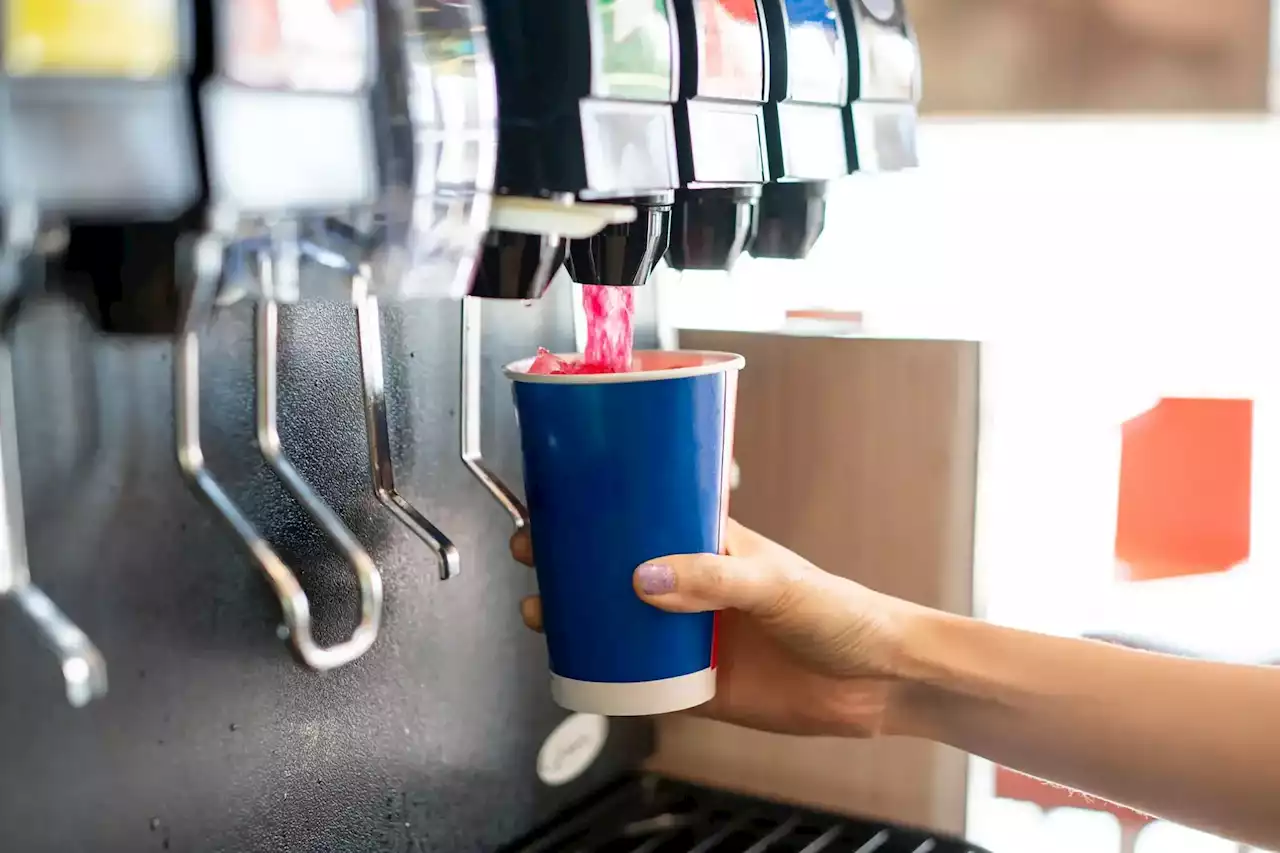Antibiotic resistant bacteria are a threat to human lives, and yet the development of new drugs to treat bacterial infections is slow. A group of proven drugs used in cancer treatment for decades could possibly be the solution. A new class of antibiotics is now being developed by researchers at Linköping University, Sweden.
Many drugs and drug candidates have proven highly effective in killing bacteria or tumor cells. The problem is that they also harm the patient, and they are therefore used very sparingly or not at all. When used to treat for instance cancer, they are delivered directly into the blood and spread throughout the body.
Over the past ten years, Frank Hernandez and his colleagues have made several discoveries paving the way for the method they developed to package nucleoside analogs so that these can be delivered in a safer way. They have, in multiple studies, examined the properties of a type of proteins called nucleases.
In their current study, the LiU researchers demonstrate how it works. They use the TOUCAN strategy on mice to kill Staphylococcus aureuswith the nucleoside analog floxuridine, which is used in health care to treat for instance colon cancer.
South Africa Latest News, South Africa Headlines
Similar News:You can also read news stories similar to this one that we have collected from other news sources.
 Unusual number of newts dying on Olympic Peninsula, researchers sayThe Washington Department of Fish and Wildlife is investigating why a large number of rough-skinned newts are dying without clear causes of death.
Unusual number of newts dying on Olympic Peninsula, researchers sayThe Washington Department of Fish and Wildlife is investigating why a large number of rough-skinned newts are dying without clear causes of death.
Read more »
 Inspired by butterfly wings, researchers develop a soft, color-changing system for optical devicesResearchers at the University of Hong Kong (HKU) have designed an innovative pixelated, soft, color-changing system called a Morphable Concavity Array (MoCA).
Inspired by butterfly wings, researchers develop a soft, color-changing system for optical devicesResearchers at the University of Hong Kong (HKU) have designed an innovative pixelated, soft, color-changing system called a Morphable Concavity Array (MoCA).
Read more »
 Researchers Warn: Contaminated Water Discovered in Fast-Food Soda FountainsStudy authors advise regular cleaning of water dispensers. Loma Linda University (LLU) researchers found microbial contamination in common sources of drinking water in the Eastern Coachella Valley, including soda fountains at fast-food restaurants. Their findings revealed that 41% of the water samp
Researchers Warn: Contaminated Water Discovered in Fast-Food Soda FountainsStudy authors advise regular cleaning of water dispensers. Loma Linda University (LLU) researchers found microbial contamination in common sources of drinking water in the Eastern Coachella Valley, including soda fountains at fast-food restaurants. Their findings revealed that 41% of the water samp
Read more »
 Researchers connect Alzheimer's-associated genetic variants with brain cell functionResearch reveals new non-coding genetic variants associated with Alzheimer's disease functioning in microglia -- brain cells already implicated in the progression of this often-fatal neurodegenerative condition.
Researchers connect Alzheimer's-associated genetic variants with brain cell functionResearch reveals new non-coding genetic variants associated with Alzheimer's disease functioning in microglia -- brain cells already implicated in the progression of this often-fatal neurodegenerative condition.
Read more »
Researchers Identify Threats And Opportunities In Autonomous Taxi Disability-InclusionNew research highlights the importance of incorporating the views and experiences of disabled passengers when designing the driverless taxi systems of the future.
Read more »
